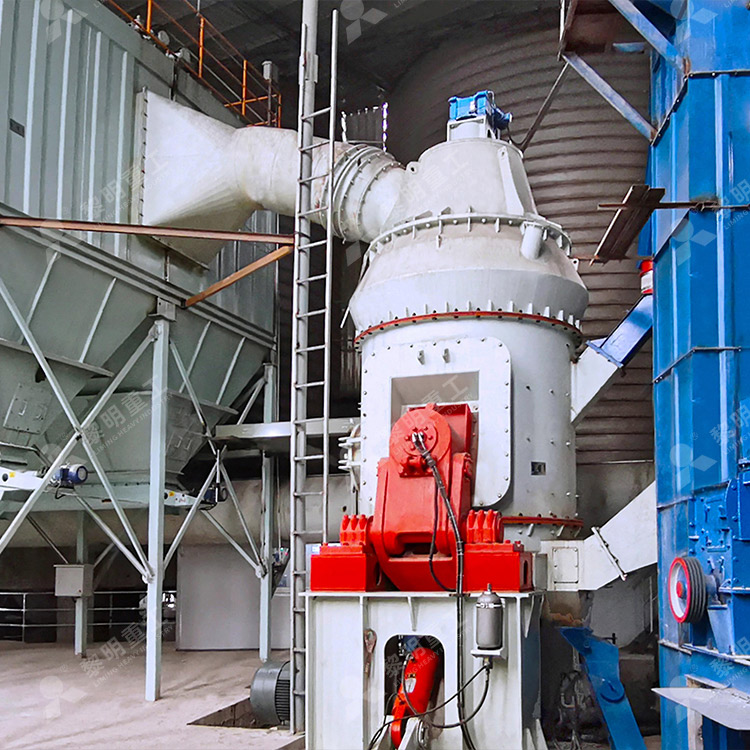Recommended Models of Slag Grinding Mills for Optimal Performance
Slag grinding is a crucial process in the recycling of industrial byproducts, such as blast furnace slag, into valuable materials like GGBS (Ground Granulated Blast Furnace Slag) for cement production. Selecting the right grinding mill ensures high efficiency, low energy consumption, and consistent product quality. Below are the top recommended models for slag grinding applications.
1. Vertical Roller Mill (VRM) – Best for Large-Scale Grinding
Recommended Models:
Loesche LM 46.2+2 CS – High grinding efficiency, low power consumption (~30 kWh/t)
Polysius RM 51/26 – Advanced hydraulic system for stable operation
Advantages:
Energy savings (20-30% lower than ball mills)
Compact design, lower noise, and vibration
Ideal for producing fine slag powder (400-600 m²/kg Blaine)
2. Ball Mill – Reliable for Small to Medium Capacity
Recommended Models:
Φ3.2×13m Ball Mill – Suitable for 15-30 tph slag grinding
Φ4.2×13m Ball Mill – Higher capacity (30-50 tph) with closed-circuit system
Advantages:
Mature technology, easy maintenance
Lower initial investment cost
Adjustable fineness by modifying grinding media
3. High-Pressure Grinding Roll (HPGR) – Energy-Efficient Alternative
Recommended Models:
Köppern HPGR 140-80 – Pre-grinding for slag before fine milling
Metso HRC 8 – High throughput with low wear rates
Advantages:
Up to 40% energy savings compared to traditional mills
Reduced moisture sensitivity
4. Ultra-Fine Grinding Mill – For High-Value Slag Products
Recommended Models:
HGM Micro Powder Mill – Produces slag powder up to 2500 mesh
LIMING MTM Trapezium Mill – Adjustable particle size distribution
Applications:
High-value slag for specialty concrete and chemical industries
Key Selection Factors
Production Capacity (10-100 tph)
Energy Efficiency (kWh/t)
Final Product Fineness (Blaine or mesh size)
Moisture Content & Abrasiveness of slag
By choosing the right model based on these criteria, manufacturers can optimize cost-efficiency, product quality, and sustainability in slag processing.





